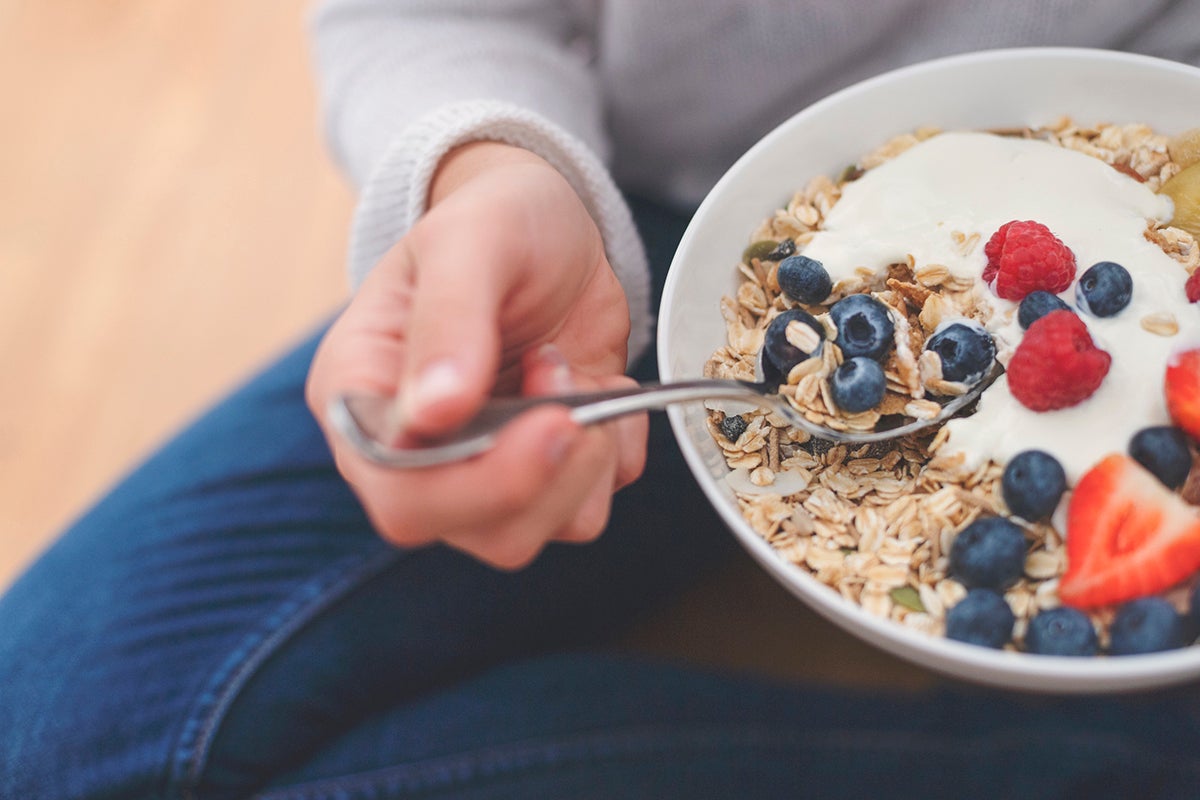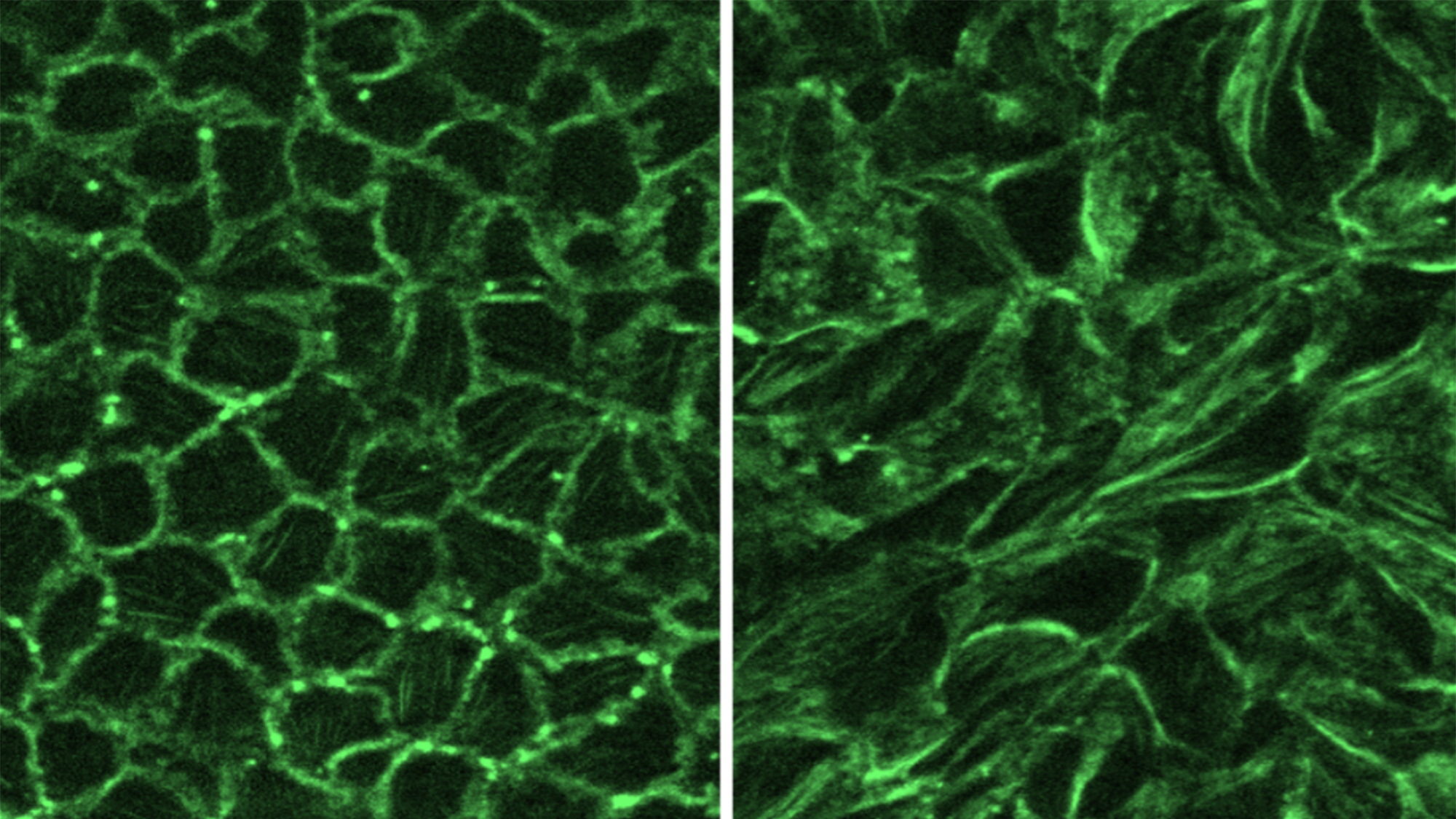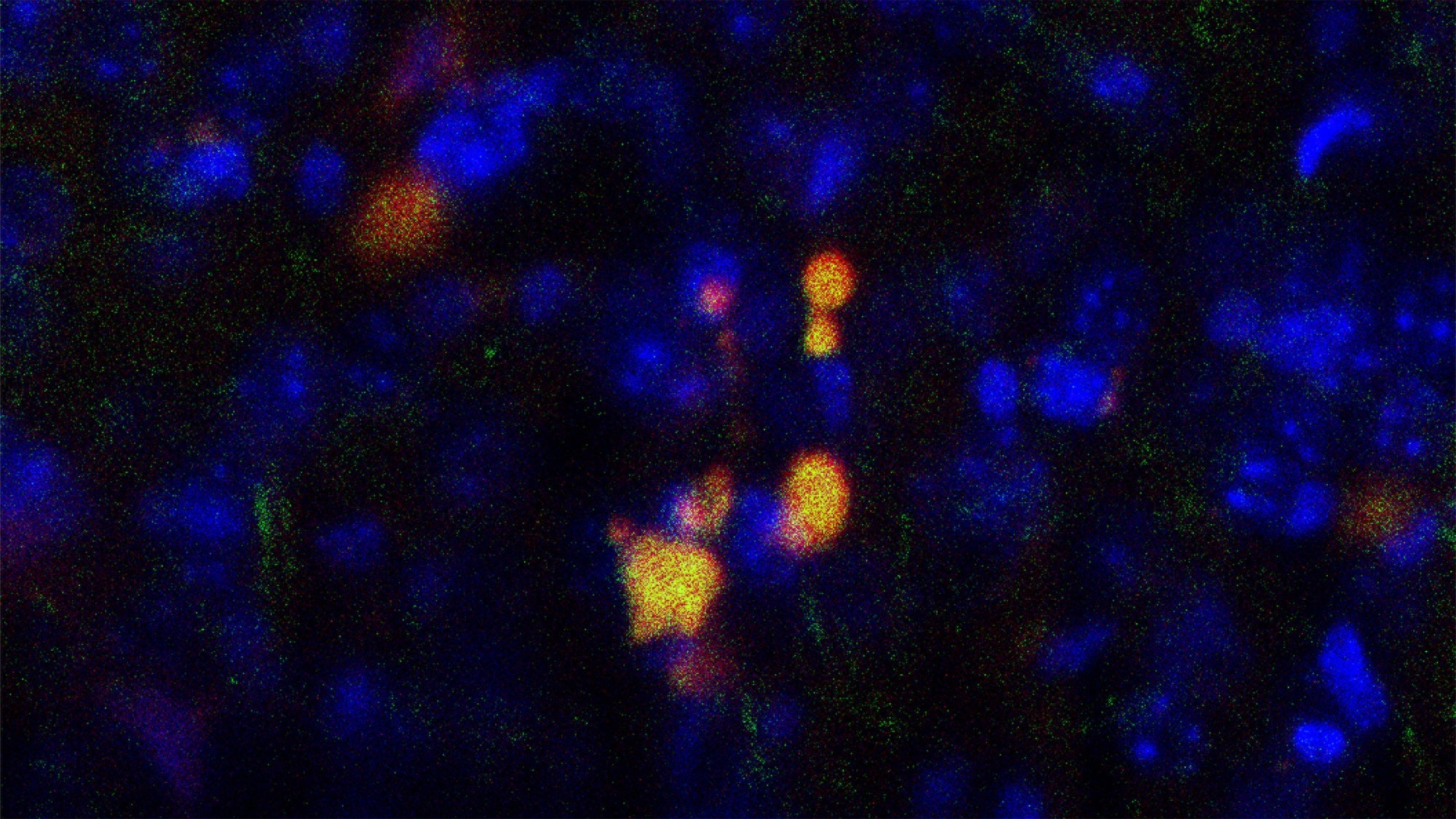Fiber and fermented foods may aid microbiome, overall health

May 10, 2024 — It’s well-known that eating a diet rich in fiber and fermented foods fosters healthy digestion, but research suggest that these foods may offer additional health benefits.
According to an April 26 Harvard Health Publishing article, high-fiber foods such as vegetables and whole grains can help with weight control and lower levels of LDL, or “bad” cholesterol, and promote a healthy gut microbiome—which ultimately may help reduce inflammation linked to increased risk of developing chronic conditions including heart disease, type 2 diabetes, and some cancers. Fermented foods such as yogurt and kimchi contain probiotics and prebiotics—good bacteria and food for good bacteria—which help promote a healthy gut microbiome.
Individual fiber needs can vary. Eric Rimm, professor in the Departments of Epidemiology and Nutrition, suggested in the article that people focus on adding more fiber-rich foods to their diets rather than trying to track daily amounts. It’s ok to add fiber supplements, he said, but whole foods should be the primary source of dietary fiber.
There are no recommended daily amounts for probiotics or prebiotics. Rimm said that fermented foods are a better source of these nutrients than dietary supplements, which do not require FDA approval and are not guaranteed to contain the ingredients and benefits listed on their labels.
Read the Harvard Health Publishing article: How—and why—to fit more fiber and fermented food into your meals
Photo: iStock / courtneyk


